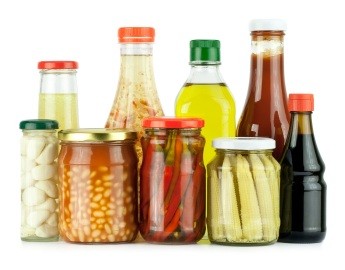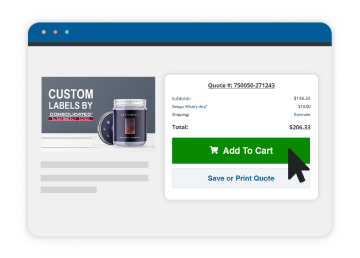
The Alternative to Brand Names
Can you make it better? Can you make it cheaper, more efficiently? Then maybe you should sell it – now! The time has come when “knock-off” and “generic” brands are beating the odds against internationally brand-recognized products. It’s no surprise that the leading minds in market research are continuing to prove that private labels, or store brands, are on the rise.
According to the most recent survey by Acosta’s “The Why Behind the Buy,” their bi-yearly analysis of shopping behavior and trends, the average grocery bill has dropped an average of $20 a month per household when compared to 2010. Considering that nearly all food products have been steadily rising, a $20 savings is a very significant drop.
The Rise of Private Label
Private labels competing against wide-recognized brand names are winning, according to Neilson. Their surveys show that 72% of American buyers believe that private labels are good alternatives to their big-name competitors, as well as a 4% increase of consumers since 2005 stating that they are “just as good.” This trend in buying store brands hasn’t begun out of the bigger brand’s failure to satisfy the customer, but because of external factors that drive up the price of a widely distributed product.
Increasing Food Costs
The nation is still at war with gas prices, which not only affect consumers at the pump but inside the store. Raised gas prices swell up distribution costs; 18-wheel truckers delivering the food to your local grocery stores are, too, frustrated at the highest prices of gasoline the nation has ever seen. With other external factors accumulating, bigger brands must increase prices or suffer a greater profit loss. On a global level, the United Nations reported record highs in world food price index between December 2010 and February of this year, now stable on an average of 233. That’s a 73% increase in all averaged food costs from May 2010.
While these figures are disconcerting, lower-cost food products are the next available option when it comes to savings. That can happen when local or small private label brands—with just marginally reduced prices than their big brand competitors—make the sale. After this recession is over, consumer loyalty may continue to carry your private label to the top.


